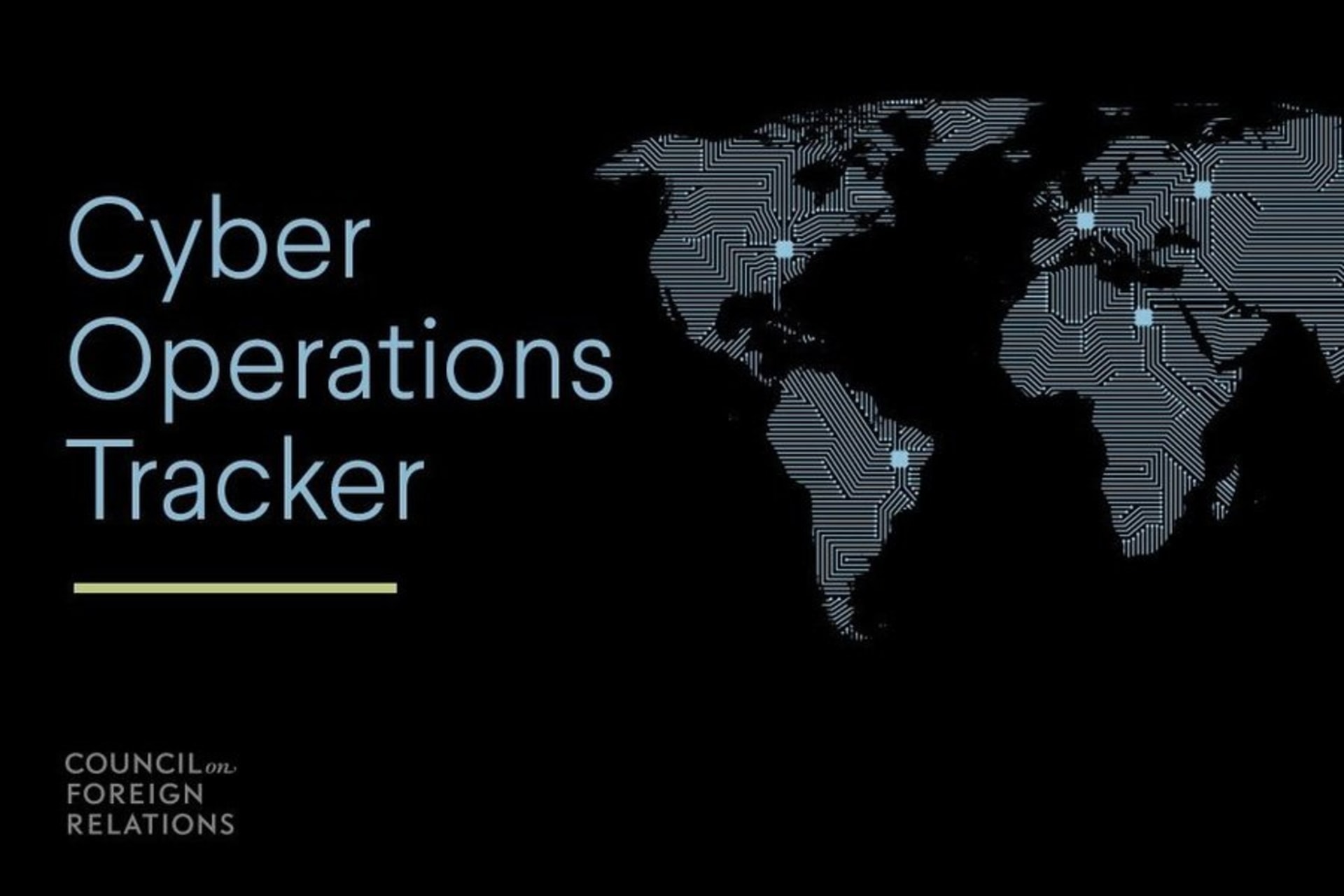New Entries in the CFR Cyber Operations Tracker: Q3 2022
An update of the Council on Foreign Relations’ Cyber Operations Tracker for the period between July and September 2022.

By experts and staff
- Published
Experts
![]() By Adam SegalIra A. Lipman Chair in Emerging Technologies and National Security and Director of the Digital and Cyberspace Policy Program
By Adam SegalIra A. Lipman Chair in Emerging Technologies and National Security and Director of the Digital and Cyberspace Policy Program
This blog post was coauthored by Kyle Fendorf, research associate for the Digital and Cyberspace Policy program.
Pragya Jain, intern for the Digital and Cyberspace program, oversaw data collection and Srishti Khemka, intern for the Digital and Cyberspace Program, uploaded new entries.
The Cyber Operations Tracker has just been updated. This update includes the state-sponsored incidents and threat actors that have been made public between July and September 2022.
Here are some highlights:
- The Ukrainian IT Army attacked the systems of the Saint Petersburg Economic Forum in June and delayed Russian President Vladimir Putin’s speech by over an hour.
- In July, the Belgian government accused several Chinese threat actors of attacking the networks of the interior ministry and Ministry of Defense as part of a multi-year espionage campaign.
- Iranian threat actors attacked Albanian networks after the country hosted a conference of MEK, the People’s Mojahedin Organization of Iran, a group that violently opposes Iran’s government. The Albanian government severed diplomatic relations with Iran after the attacks.
Edits to Old Entries
The Dukes. Added Cloaked Ursa as an alias.
APT 18. Added TA428 as an alias.
New Entries
APT 42 (9/7)
Space Pirates (9/15)
